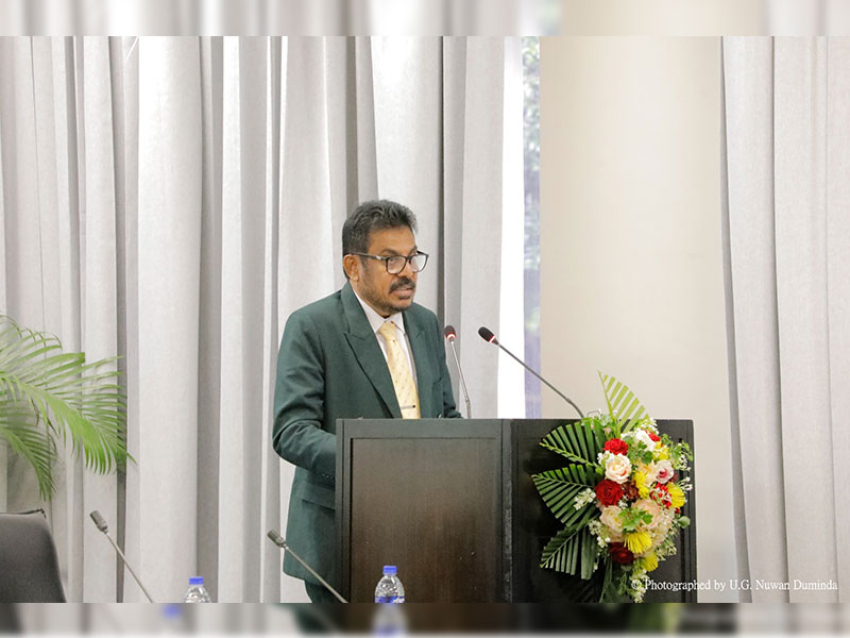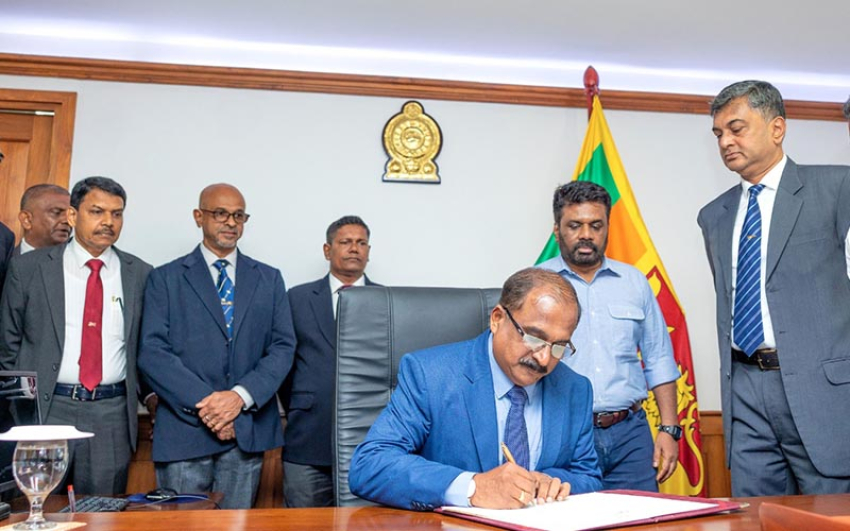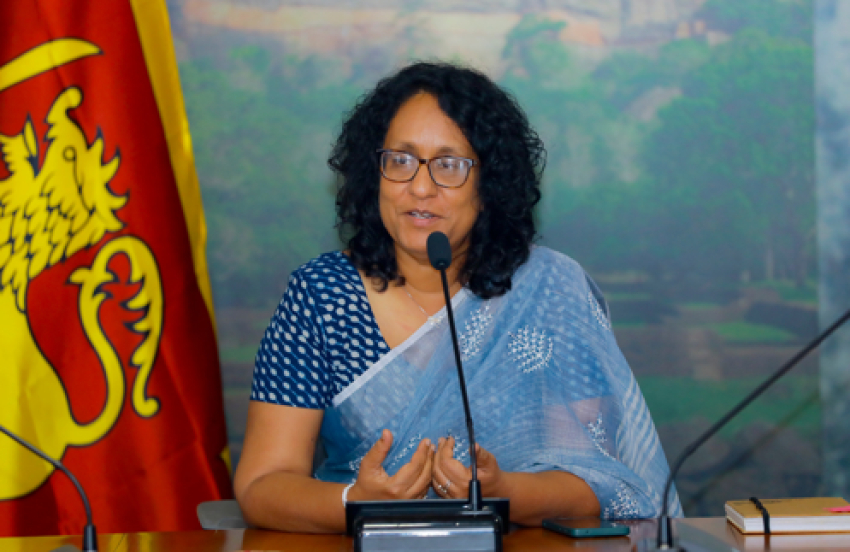Gorretti said the IMF will continue under the Extended Fund Facility (EFF) arrangement the development of a comprehensive policy agenda which supports economic growth for the people of Sri Lanka and reduces inequality, while managing external risks and the challenges of public debt sustainability. The Executive Board completed the Sixth Review of the EFF arrangement on November 1.
The Seventh and final review of the EFF arrangement can take place any time after April 3, 2020, based on the EFF schedule, with the arrangement set to expire on June 2.Sri Lanka’s extended arrangement was approved on June 3, 2016, in the amount of about SDR 1.1 billion (US$1.5 billion or 185 percent of quota in the IMF at the time of the approval of the arrangement).
On May 13, 2019, the Executive Board approved an extension of the arrangement by one additional year, until June 2, 2020, with rephasing of remaining disbursements.The completion of the sixth review, upon the granting of a waiver of nonobservance for the end June 2019 performance criterion on the primary balance, enables the disbursement of SDR 118.5 million (about US$164 million), bringing total disbursements under the arrangement to SDR 952.23 million (about US$1.31 billion).
Meanwhile Secretary to the President, Dr. P.B. Jayasundera had told a group of foreign correspondents in Colombo, “Sri Lanka is likely to start talks with the International Monetary Fund (IMF) on a possible deal in line with the new administration’s policies in January.”Sri Lanka successfully completed the sixth review, enabling the next disbursement of supporting funds. “Whether we want to get the last tranche or whether we want a different co-operation arrangement will have to be discussed,” he had said.
Last week the Finance Ministry said in a statement after Fitch Ratings revised Sri Lanka’s Outlook to ‘Negative’, the Government will continue its engagement with multi-lateral lending agencies.“The current IMF program will have its final review by February next year and the authorities are certain that the performance targets for this year will be duly met.”
“The envisaged direction of the recent tax measures is expected to boost private sector led growth.The switching of resources from unproductive public expenditure to the private firms and individuals will be growth friendly in a context where there has been a persistent output gap.Higher growth will have a positive impact on the overall debt dynamics of the country as well,” the statement added.




















